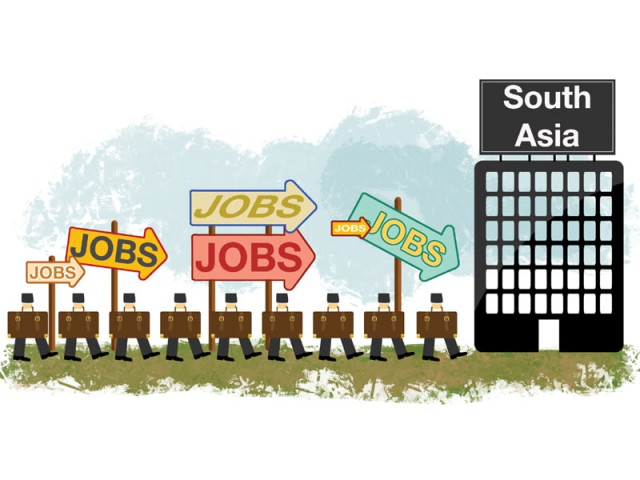Successful people do these 7 things after work
Here’s how thriving professionals manage to de-stress, work out, and carve out family time after a hectic day

They compartmentalise

If you have a demanding job, it’s unrealistic not to bring it home but successful people carve out part of the evening to be with their families and are careful to split work into shifts instead of trying to do all at once. A good break may boost your productivity as a bonus. “You enjoy your family time, and when you return back to your work, you may have a fresh perspective on how to get things done,” says Laura Vanderkam, a time management expert and author of What the Most Successful People Do Before Breakfast.
They don’t watch TV

Nothing inherently wrong with browsing what’s on television but it’s often a mindless default and we consume more than we’d like. Ronni Eisenberg, an organisation expert in Connecticut notes that she’s seeing more clients tossing out the TV: “They’ve just decided it’s a waste of time, or they’ll put strict rules about how much they—kids and grownups—can watch,” she says. Cutting back and only watching a specific show without aimless channel surfing frees you up for other goals you want to accomplish.
They exercise

While working on a current project about the lives of successful women with families, Vanderkam observed that the majority of those she studied did at least some exercise. “Here we have people who are busier than the average individual by a long shot, and are still finding the time to do it,” she says. “No one gets to escape the reality that exercise is necessary for health.” Successful people who go for a walk in the evenings plan it in advance; they don’t assume they’ll just happen to be in the mood for and have time to go to the gym. For those with families, Eisenberg notes, people often exercise after they leave work and before they head home so they’re less likely to get distracted.
They make time for friends

“Social connections are one of the most enjoyable parts of life but friends tend to get the short shrift when people get busy,” says Vanderkam. One strategy she sees busy people use: make a standing calendar date. “If you have a group that you plan to meet with on the first Monday of every month, those meetings happen. If you have to schedule a date every single time, then it becomes harder.” Socialising is imperative to take the edge off of daily work and spark creativity in your routine.
They have a pre-bedtime routine

A routine at night means better time management, says James Clear, Writer, Entrepreneur and Behaviour Science Expert . If your kids know that homework’s done by 7pm, then baths, then TV, then in bed by 9pm, the evening is smoother and less stressful for everyone. It also makes it easier for working parents to hop back online after the kids are in bed, too. Clear says many people just don’t think about getting things organised for the coming day, which should be part of the practice too. Pick out clothes, pack backpacks and suitcases, and prepare lunches as you can. A prearranged routine helps de-clutter your mind and day.
They prioritise sleep

Debating whether to hit the hay after the busy mehendi you attended after work or burn the midnight oil? In one of Vanderkam’s studies of high-earning individuals with kids, the vast majority got within the recommended seven to nine hours of nightly sleep over the course of a week. “Most people who say they get by on only four hours a night are probably lying,” she says. Successful people know they think better and make smarter decisions after getting enough sleep,” she adds.
They reinvent themselves

The goal is to never stop learning, improving, and finding ways to reinvest in personal and professional expansion - become a lifelong student. The objective isn’t just to get hyper smart about one subject; it’s to become conversational in various, and smarter about finding inventive ways to apply what you’ve learned to various professional contexts. For instance, if you’re a software designer, why not spend time with marketing pros to learn more effective ways to design and promote your products. The more skills you can throw in your specialised toolkit, and the more ways you know how to utilise them, the more adaptable, resourceful and future-proof you’ll be.
Published in The Express Tribune, December 29th, 2014.
Like Life & Style on Facebook, follow @ETLifeandStyle on Twitter for the latest in fashion, gossip and entertainment.
Correction: In an earlier version of this article, the headline incorrectly said 10 things successful people do after work instead of seven. The error has been fixed.



















COMMENTS
Comments are moderated and generally will be posted if they are on-topic and not abusive.
For more information, please see our Comments FAQ